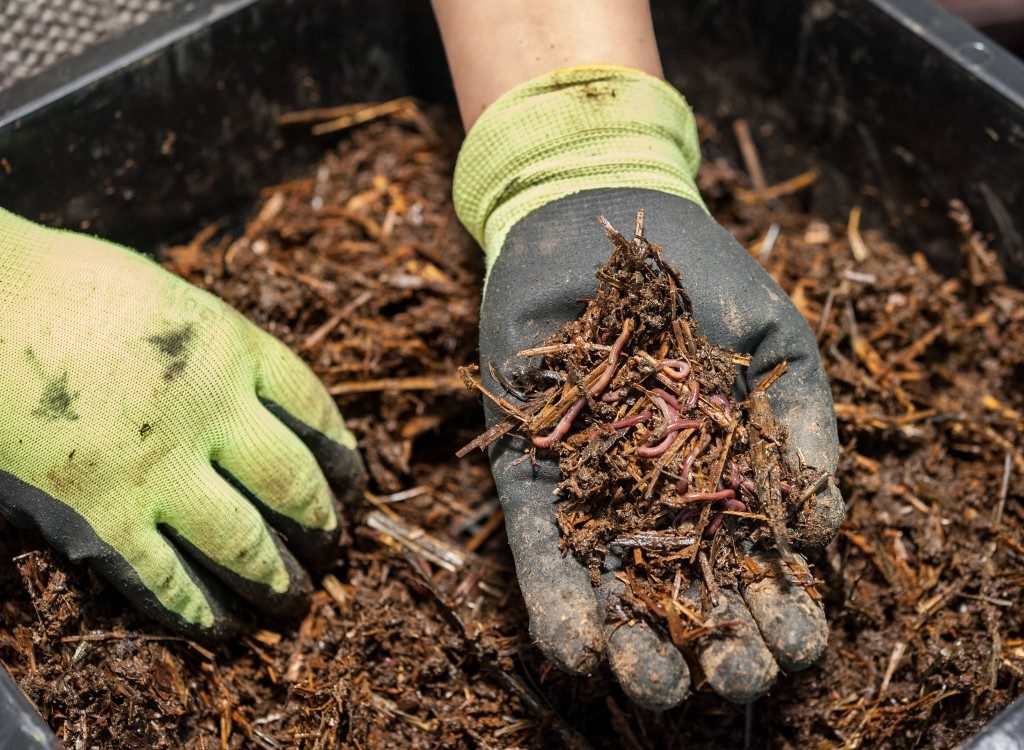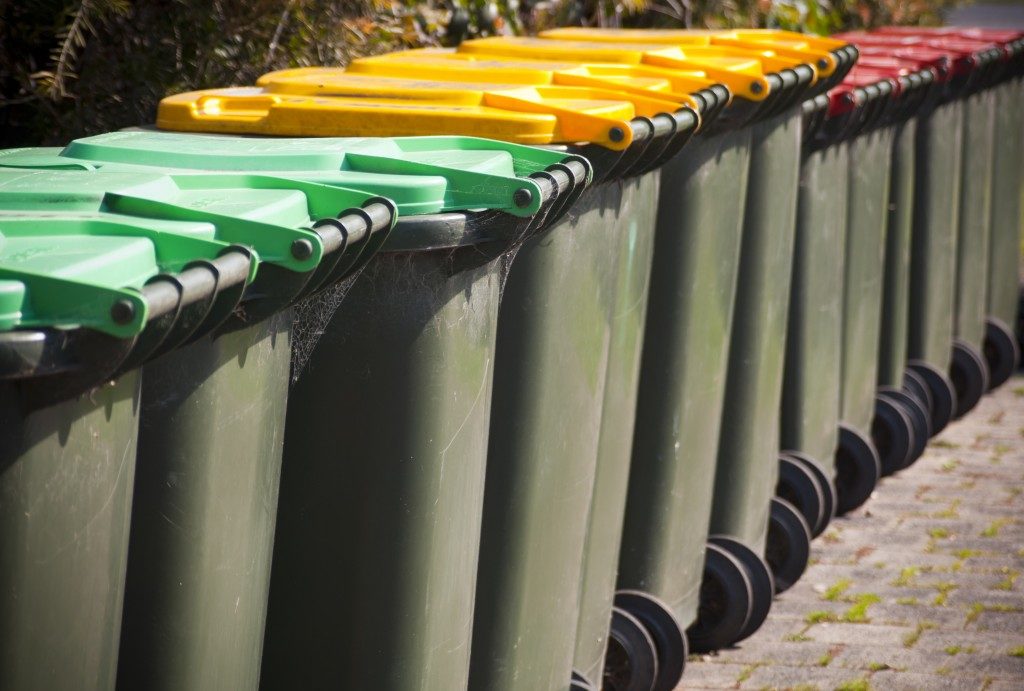Proper waste management is a big problem in many states and countries. Waste segregation and disposal are not a problem that only Americans are suffering from. All over the world, governments and politicians are faced with the increasing demand for them to support and pass a bill that will support waste management systems. However, this is always easier said than done. Waste disposal will continue to be an environmental problem because of the lack of political will and resources.
Personally, you can start the proper disposal of waste at home. As a community, you can check out dumpster rental companies in Salt Lake City to make it easier for the neighborhood to segregate and dispose of their waste properly. If local municipalities cannot support the waste management drive that you are trying to enforce, take matters into your own hands. Organize a cleanup project and teach the community how to segregate their household waste properly, as well as how composting can aid in environmental sustainability. The simple act of sacrificing your personal time to organize cleanups and teach your neighbors how to compost their garbage will do a lot for the environment.
Reduce, Reuse, Recycle
Your home is the first place you should look into when you want to make a difference, environmentally speaking. Practice the three R’s of waste management: reduce, reuse, and recycle. When you look around your house, you will realize that there are a lot of things that you don’t really need. You can put up a garage sale to sell things that you don’t need. You can also find more useful things that you can do with them so that you don’t need to buy again and add to the waste you have already accumulated.
Segregate Waste
Remember what you have been taught in school regarding waste management? Biodegradable, non-biodegradable, and hazardous waste? One simple thing you can do at home to help the garbage collector and your municipality’s waste management system is to segregate your household waste properly. Put your food waste into the biodegradable bin, while all your plastic bags and containers into the non-biodegradable bin. If there is hazardous waste such as aerosol sprays you need to dispose of, you can chuck it out into the hazardous waste can. Make sure to tell the garbage collector that a particular container might be filled with hazardous chemicals.
Try Composting

Food scraps and garden waste should not be disposed of and discarded off like regular waste. These organic materials can be broken down into mulch in a process called composting. Compost serves as a soil conditioner that is filled with nutrients such as nitrogen, phosphorus, and potassium and micronutrients such as manganese, copper, and zinc.
There are a lot of things around the house that you can throw in your compost bin. Food scraps are the most common, but you can also add tea bags, cardboard, paper, sawdust, wood chips, cotton and wool rugs, hair and fur, shredded newspaper, fireplace ashes, and many more. After waiting for a few weeks for these organic materials to break down, you’ll find yourself with hummus-like compost that’s a perfect conditioner for your soil.
Doing these three simple things at home and in the neighborhood can make a difference for the environment. You can also influence neighborhood kids in doing the same thing in their schools. Reduce, reuse, recycle, segregate, and compost—these are simple concepts that should empower every household to do their part in trying to save and protect the environment.






